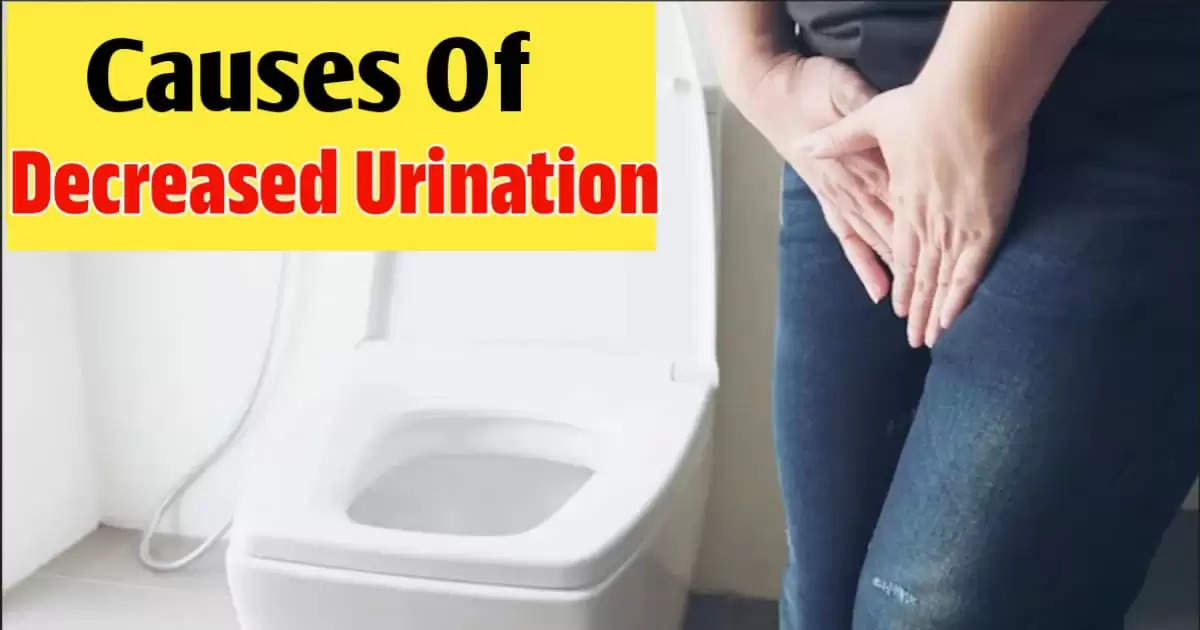What Causes Decreased Urination? Top Reasons and Health Risks

urinary incontinence: A healthy adult passes at least 500 milliliters (mL) of urine in 24 hours. If you pass less urine than normal each day, this condition is called urinary incontinence. Urine is necessary for the body to perform all its functions properly, as it helps to remove toxins and other waste products from the body. If all these substances are not able to leave the body, then many serious complications arise.
The condition of decreased urine output is also known as Oliguria. It is a condition in which less than 400 ml of urine is produced in 24 hours. Low urine output can indicate many problems, such as dehydration, kidney failure, hypovolemic shock, urinary retention, and urinary tract infection.
What are the symptoms of urinary incontinence?
Urinate less than 400 ml per day.
Feeling irritable, dry mouth, feeling very thirsty.
Muscle weakness, low blood pressure, increased heart rate, headache, nausea, bone pain, yellow skin, yellow urine.
Fewer tears from the eyes, less appetite, bad breath, hearing loss.
Home Remedies for Low Urinary Tract?
Although decreased urination is not a serious problem, some home remedies can help increase the amount of urine.
Drinking enough water is the easiest way to increase the amount of urine.
Reduce salt intake, as salt causes water retention.
Reduce potassium intake. Certain foods such as bananas, oranges, potatoes, spinach, and tomatoes are high in potassium. Some foods such as spinach, cauliflower, grapes, and strawberries contain small amounts of potassium.
Eat less protein, as eating too much protein can cause kidney damage.
People who have diabetes, high blood pressure, or coronary artery disease should adopt lifestyle changes, proper diet, and medications to control their disease.
Blood pressure should be kept at a normal level.
Cigarettes and alcohol should not be consumed.
It is important to maintain proper body weight.
